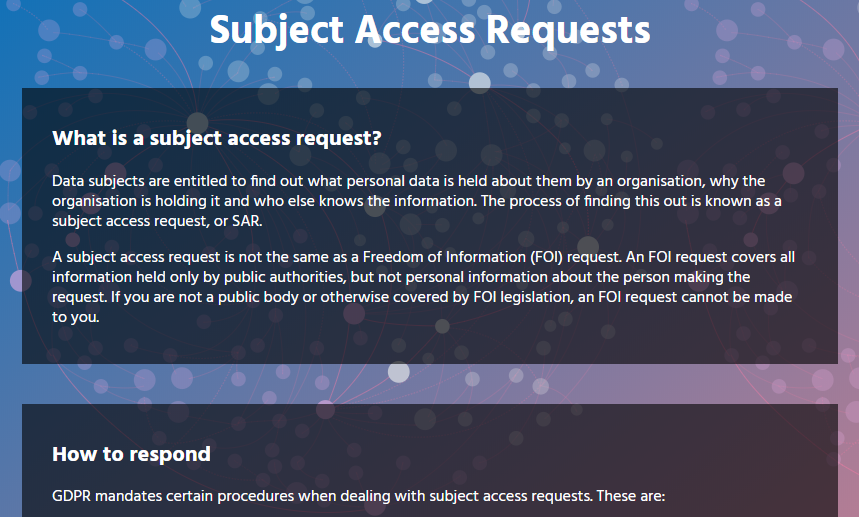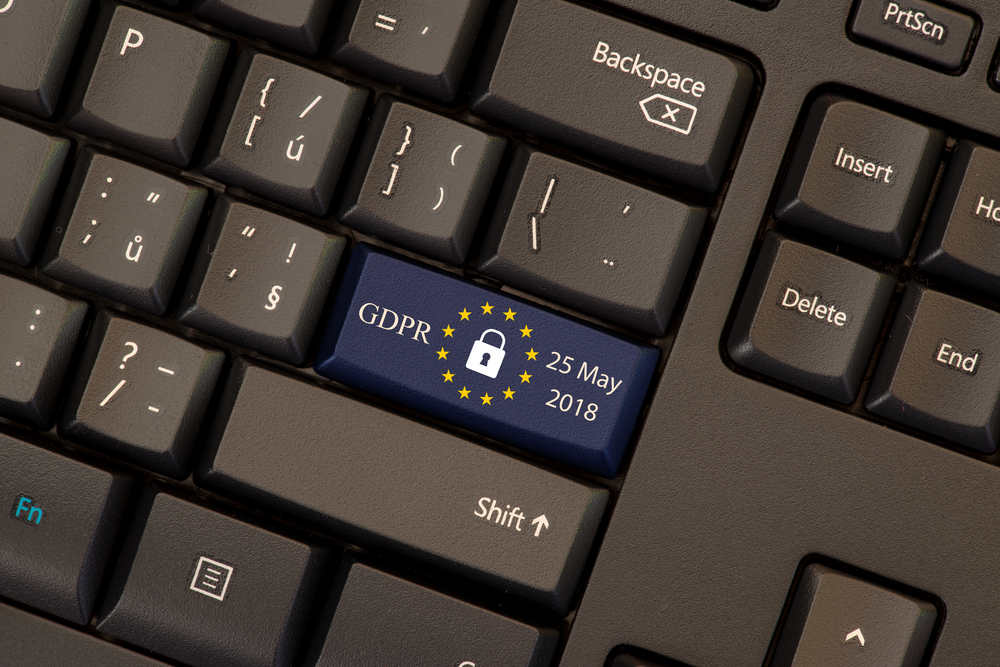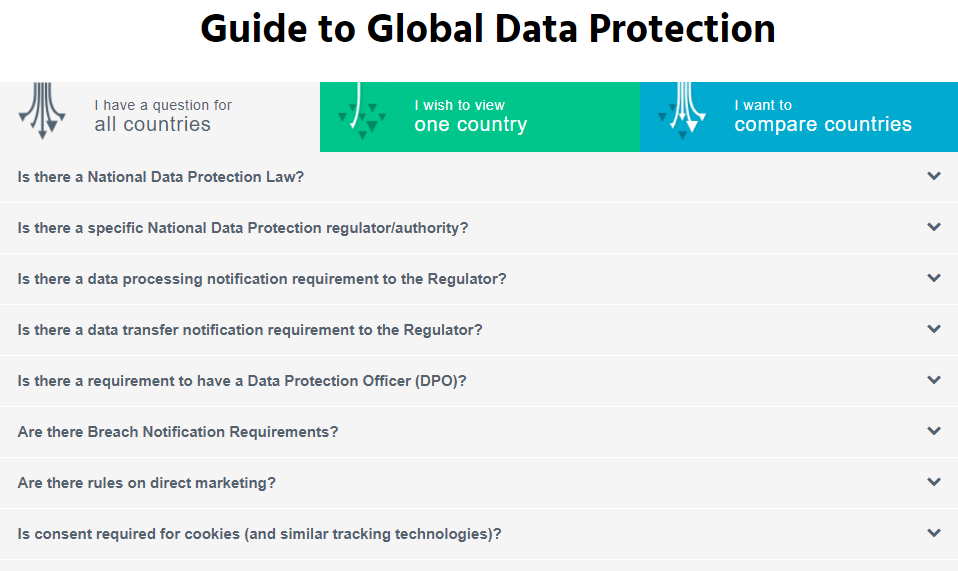
What is meant by “The Right to be Forgotten” under GDPR?
The right to be forgotten is one of the key innovations of GDPR, but it’s not exactly a new right, nor is it absolute. It developed in European law in the aftermath of an important court case known as the Google vs Spain ruling. In 2010, a Spanish citizen complained about an outdated court order against him appearing on Google search results. The European Court of Justice agreed this infringed on his right to privacy and ruled that individuals have the right, under certain conditions, to ask search engines to remove links with personal information about them where the information is inaccurate, inadequate, irrelevant or excessive.
The right to be forgotten has been enshrined in GDPR as the right to erasure. This is slightly more encompassing than the original Google vs Spain rules, giving an individual the right to have their personal data erased and prevent it being processed in specific circumstances.
Read more: what should a GDPR compliant privacy policy include?


 On Tuesday 21 February at 12pm, Director of Best Practice Gary Yantin will be joined by Director of Course Development Nick Henderson to explore the challenges facing organisations in preparing for GDPR and give guidance on what still needs to be done.
On Tuesday 21 February at 12pm, Director of Best Practice Gary Yantin will be joined by Director of Course Development Nick Henderson to explore the challenges facing organisations in preparing for GDPR and give guidance on what still needs to be done.




